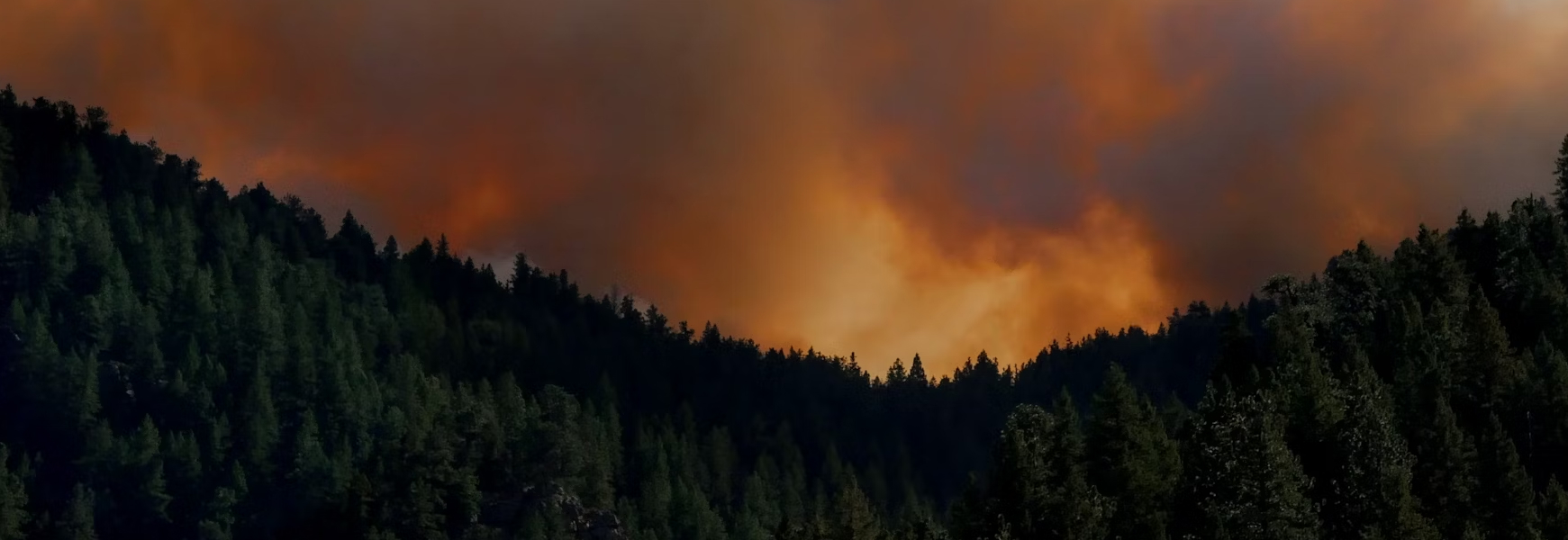Addressing the Global Food Crisis Through Agroecology: A Series By Chris Sacco
Over the last few years, we have all grown accustomed to hearing about how our world is in the midst of one global crisis or another. While the COVID-19 pandemic had a large amount of our attention over the last couple of years, another looming crisis has been quietly and rapidly gaining traction: global food insecurity.
As of 2020, 2.37 billion people globally did not have access to adequate food, an increase of 320 million people from the previous year. Over the course of the last few weeks, Groundswell International’s Co-Founder and Director of Program Management, Chris Sacco, published a four-part article series on LinkedIn examining the roots of the interconnected, worldwide food insecurity and environmental crises and the need to accelerate ecological farming methods as a means to address them.
Addressing the Global Food Crisis Through Agroecology
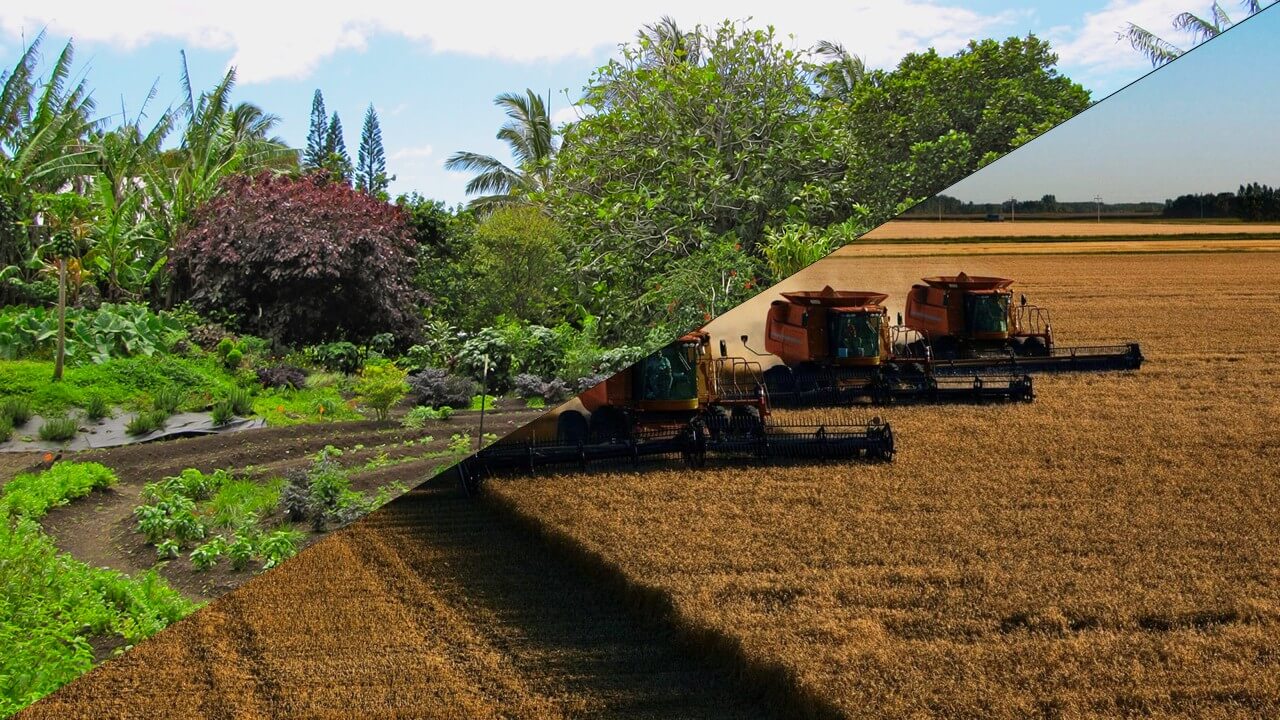
In the first part of the series, “Accelerating Ecological Farming to Address the Global Food Insecurity and Environmental Crises,” we are introduced to the food insecurity crisis facing the globe: an increasing lack of access to food for people all around the world. While current events, like the ongoing COVID-19 pandemic and the war in Ukraine, have certainly exacerbated an already dismal situation, this crisis has been building for a long time: millions of people globally have lived in a food crisis for decades, with the numbers of people who cannot access adequate food rapidly increasing each year. With this knowledge, Chris examines how the “global experiment” with industrial food production has long been a failure.
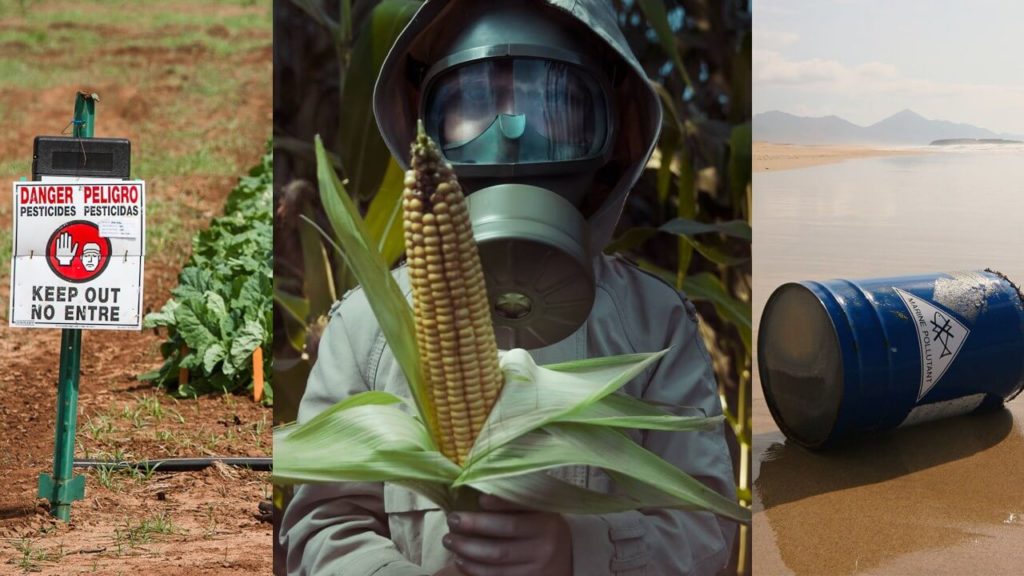
Part two of the series, “The Industrial Road to Ruin, Killing the Planet and Ourselves,” explores the industrialized “agricultural treadmill” approach to food production and the negative impacts it is having on the environment, the global food supply chain, and the small-scale farmers who struggle to compete with the mass-production of corporate-owned farms. Currently, the majority of the world’s agricultural exports are produced by a small handful of corporations who monopolize the industry. As industrial agriculture continues to attempt to increase its output and, more importantly, its profits, we are seeing more and more habitable land converted for agriculture purposes and an increase in the use of chemical-laden fertilizers, pesticides, and herbicides, all at great detriment to the environment. Long-term exposure to these chemicals poses great health risks to people, as well, both to the workers who farm these crops and the people who consume them in their food.
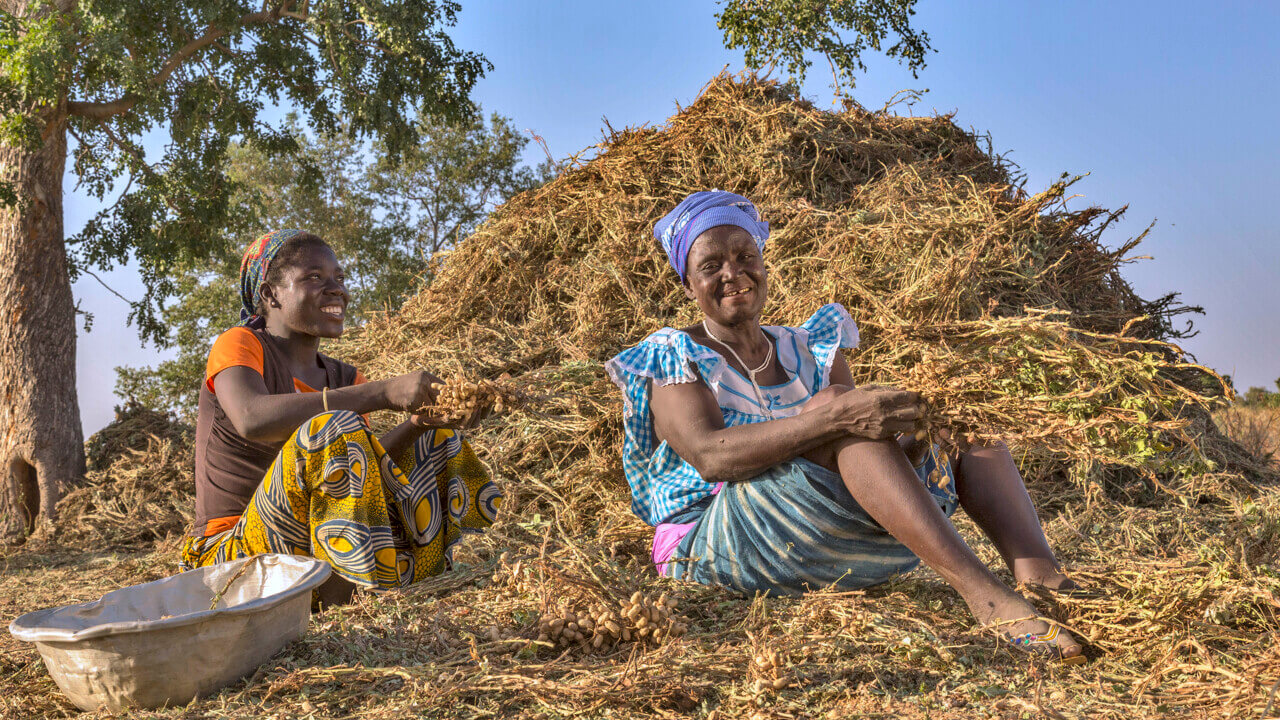
The third article, “Agroecology Can Fix Our Broken Food System and Heal the Planet,” offers an argument for small-scale agroecology as a solution to the issues discussed in parts one and two of the series. A shift to small-scale agroecology will not only allow smaller producers to feed themselves and their neighbors without having to fight the monopoly of industrial agriculture conglomerates but has the ability to rehabilitate our planet’s ailing ecosystems. Chris explains how agroecology conserves and restores the biodiversity within local environments as well as restores ecosystem functions lost to degradation and abuse perpetrated by the corporate agriculture industry.
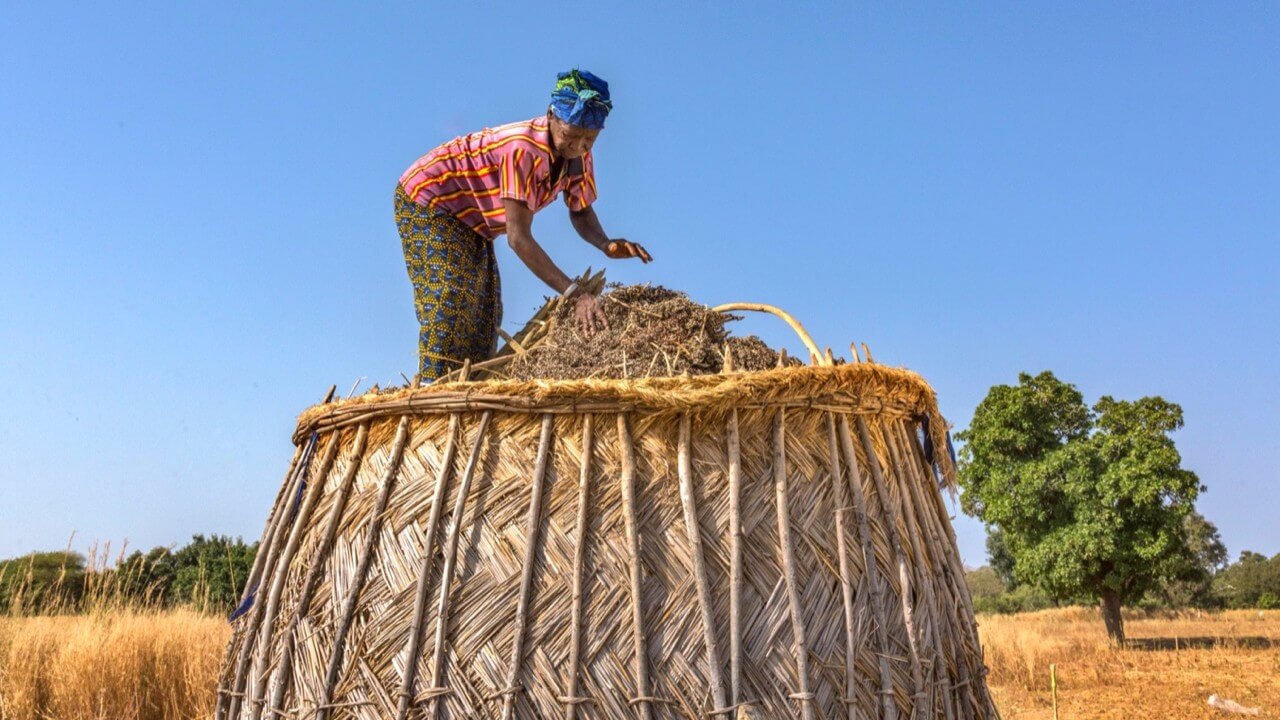
The final article of the series, “Bottom-Up Solutions to the Global Food Crisis,” looks to the future, outlining the necessary actions needed to address the global food crisis and move toward a more sustainable and equitable food system. These actions include financial and policy support of small-level producers, establishing grain reserves, and a reduction of non-food uses of potential food crops, ie. the use of food as biofuels, until the food crisis has been overcome. Beyond policies, these solutions include the important work already being carried out by organizations like Groundswell International and our partners.
Through this series, Chris offers a wealth of critical information – including well-researched data – as he outlines the current crisis, how we’ve gotten to this point, and how we can reverse course. We think it’s an important read for anyone who cares about the future of our planet and the good of our fellow humans and anyone who is interested in why we do the work that we do here at Groundswell International.
Read all four parts of Chris’ article series on LinkedIn:
- Part one: Accelerating Ecological Farming to Address the Global Food Insecurity and Environmental Crises
- Part two: The Industrial Road to Ruin, Killing the Planet and Ourselves
- Part three: Agroecology Can Fix Our Broken Food System and Heal the Planet
- Part four: Bottom-Up Solutions to the Global Food Crisis

